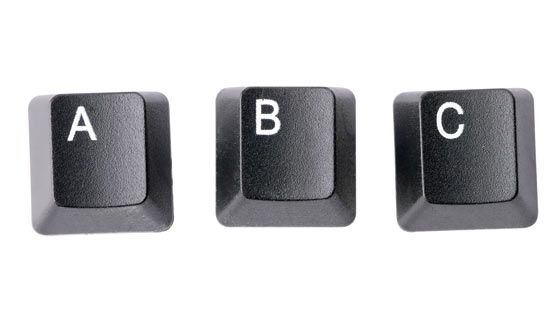
It wasn’t so long ago that computer programming seemed the domain of a certain type—the introverted loner toiling away in darkened basements, perhaps with breaks to watch Xena reruns. The rest of us, while glad that Google had mapped the world and Facebook had made it smaller and Angry Birds had let us escape it, never thought very hard about what coders actually do (see crude stereotypes above), let alone could imagine we’d ever want to know how to code ourselves. But now learning to code has become the enlightened resolution for 2012, with Codecademy’s yearlong tutorial going viral and drawing more than 200,000 enrollees. (The curriculum, called Code Year, is offered free, in keeping with the Codecademy founders’ plans for the site.) Even Mayor Bloomberg has signed up. “We’re kind of living in a bilingual nation, at least among educated elites—English and some form of programming,” says Abe Riesman, a web consultant and writer. Coding, as a journalist friend of mine with self-taught programming skills puts it, is becoming the new Latin, the language you study to understand the roots of the things you use every day. In some circles, it’s also the new French, the language you learn if you want to impress.
No doubt, a number of those taking Codecademy’s lessons see a route to wealth, or at least better employment prospects. (Did you know elite programmers have their own agents?) But the new coders-in-training include the likes of Washington Post star blogger Ezra Klein, who doesn’t seem to need a fallback career cranking out script, along with people employing variations on “bookgirl” as their user names. And why not? The Internet remains the best medium for untrammeled experimentation, but only if you know how to work the levers; if not, you’re stuck expressing your taste and sensibility within a Tumblr template someone else created. With coding know-how, you get to be an owner, not a renter. Even if you never bother to go to the trouble to build your own site, you at least feel like a more well-rounded citizen of the wired world.
Riesman, for his part, says he started college “mocking” computer-science majors, though he was hardly a Luddite himself. (“We were a Mac family early on,” he offers by way of credential.) By his last semester at Harvard, in 2008, he decided to take a basic coding class. It didn’t stick, but when he learned about Code Year, he jumped. “This anxiety kept welling up in me,” he says. “This was something that was going to keep me from being a participant in the world of successful twentysomethings,” the difference between getting in the door and feeling comfortable once on the inside. Does he have plans to create something specific? “No! No!” Riesman says. He can’t say precisely what he wants to do with his programming knowledge, actually—proof that coding really is now one of the liberal arts.
Have good intel? Send tips to intel@nymag.com.